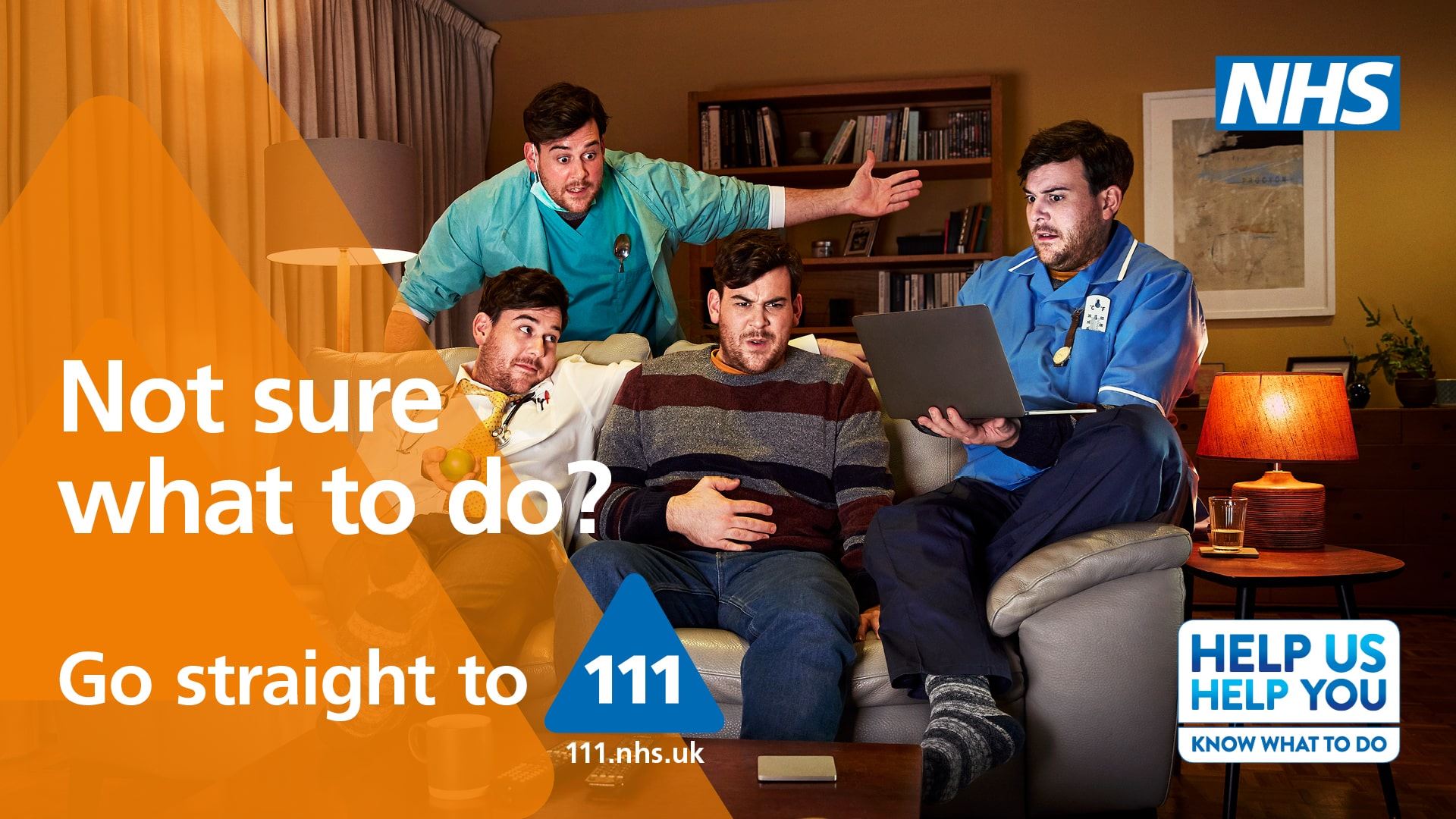Opening Hours
The Stennack Surgery
| Day | Opening hours |
|---|---|
| Saturday 27 July |
Closed
|
| Sunday 28 July |
Closed
|
| Monday 29 July |
8am to 8pm
|
| Tuesday 30 July |
8am to 8pm
|
| Wednesday 31 July |
8am to 8pm
|
| Thursday 1 August |
8am to 8pm
|
| Friday 2 August |
8am to 8pm
|
